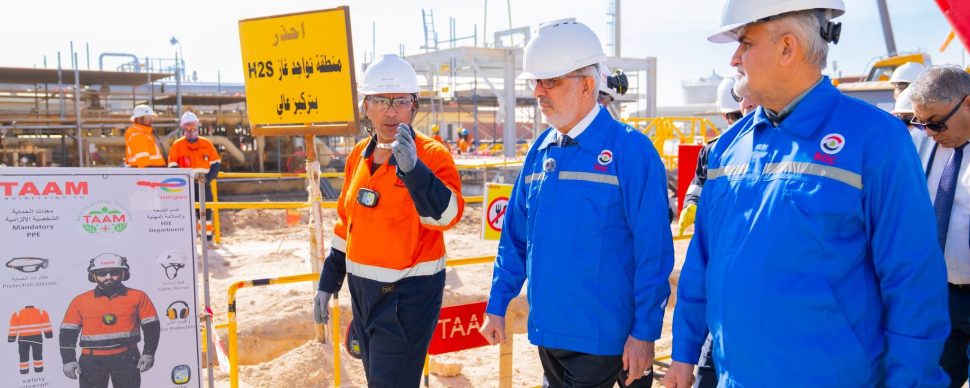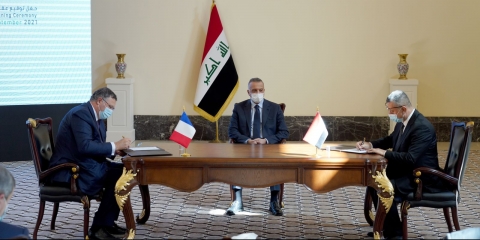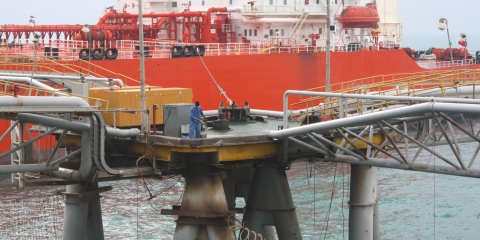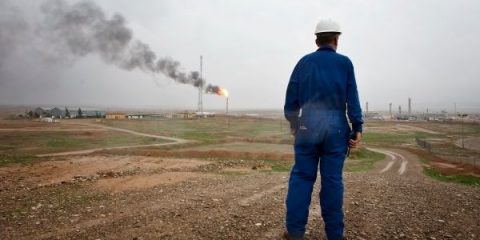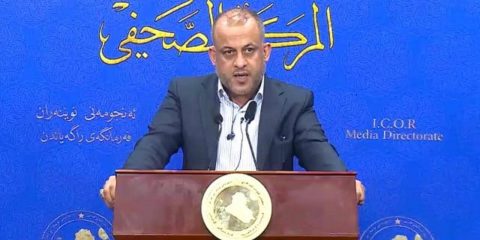The death of the $27 billion deal would represent a multi-year setback in Iraq’s efforts to boost production of oil, gas, and electricity.
January oil production inches higher despite Rumaila dip
Nationwide crude production increased by just over 50,000 bpd as state-operated Basra fields ramped up to compensate for a temporary decline at Rumaila.